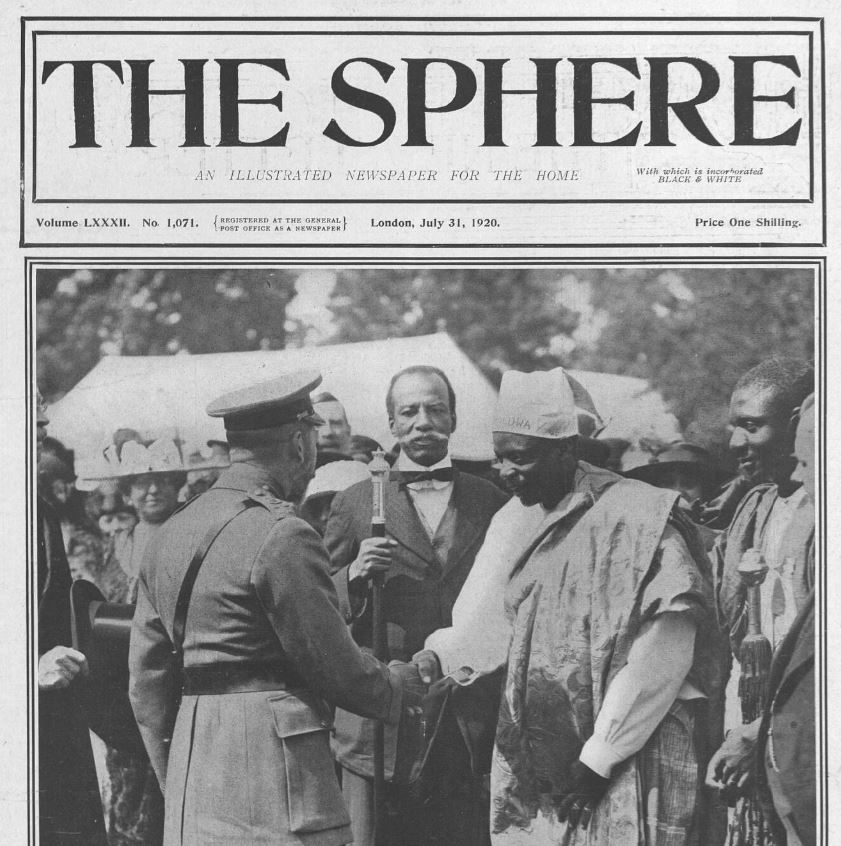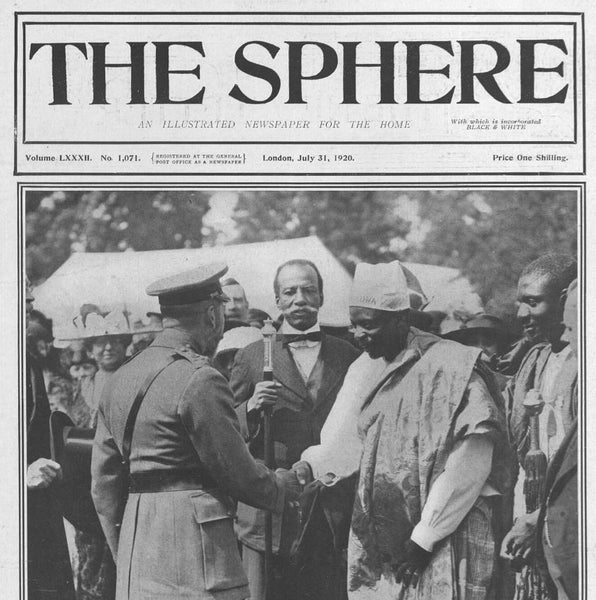
Chief Amodu Tijani: The Nigerian Hero Who Defeated British Colonialism in Court
|
|
Time to read 2 min
|
|
Time to read 2 min
The story of Chief Amodu Tijani is both inspiring and monumental in the annals of Nigerian and colonial history. It's a tale of resilience, justice, and the relentless pursuit of rights against colonial powers.

The Early Life of Chief Amodu Tijani
Born into the noble lineage of the Oluwa family in Lagos, Nigeria, Chief Amodu Tijani rose to prominence in the early 20th century. His life, deeply rooted in the traditions and cultures of his people, was set to take an extraordinary turn that would not only define his legacy but also mark a significant moment in the struggle against colonial injustice.
The Injustice: The Seizure of Land
In 1914, the British colonial government in Nigeria enacted the Land Proclamation Ordinance, which effectively transferred ownership of all lands in the colony to the British Crown. This ordinance disregarded the traditional landholding systems and rights of the indigenous people. Chief Tijani's family land in Apapa, an area that had grown significantly in economic importance due to its port, was among the lands seized. This act of dispossession was not just a personal loss for Chief Tijani but an affront to his community and their ancestral heritage.
The Battle Begins: Taking the Case to Court
Refusing to accept this injustice, Chief Amodu Tijani took an unprecedented step. In 1921, he challenged the British colonial government by taking his case to court. His argument was simple yet powerful: the land was his by ancestral right, and the British had no legitimate claim to it. The case, which was first heard in the Nigerian courts, eventually made its way to the Privy Council in London, the highest court of appeal for British colonies at the time.
The Landmark Victory
The case of Amodu Tijani vs. Secretary of Southern Nigeria marked a watershed moment in colonial legal history. In a landmark judgment, the Privy Council ruled in favor of Chief Tijani in 1921. The court acknowledged the traditional rights of the indigenous people to their land and ordered the colonial government to compensate Chief Tijani. He was awarded the sum of £22,500 – a substantial amount at the time.
The Aftermath and Legacy
This victory was more than just a personal triumph for Chief Tijani; it was a symbol of hope and vindication for colonized peoples across the British Empire. The case set a precedent that challenged the arbitrary seizure of lands by colonial authorities and recognized the property rights of indigenous people.
The legacy of Chief Amodu Tijani lives on, not only in Nigeria but in former colonies worldwide. His courage to stand against an imperial power and demand justice is a testament to the enduring spirit of resistance and resilience in the face of oppression. Today, his story continues to inspire generations, reminding them of the power of determination and the importance of fighting for what is rightfully theirs.
The story of Chief Amodu Tijani is more than a historical footnote; it is a narrative of courage, justice, and the enduring fight against colonial exploitation. His legal battle and subsequent victory remind us that even in the face of overwhelming odds, the quest for justice and the defense of ancestral rights can prevail. Chief Tijani's story is not just Nigerian history – it is a global testament to the power of standing up against injustice.